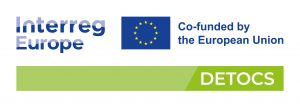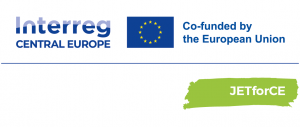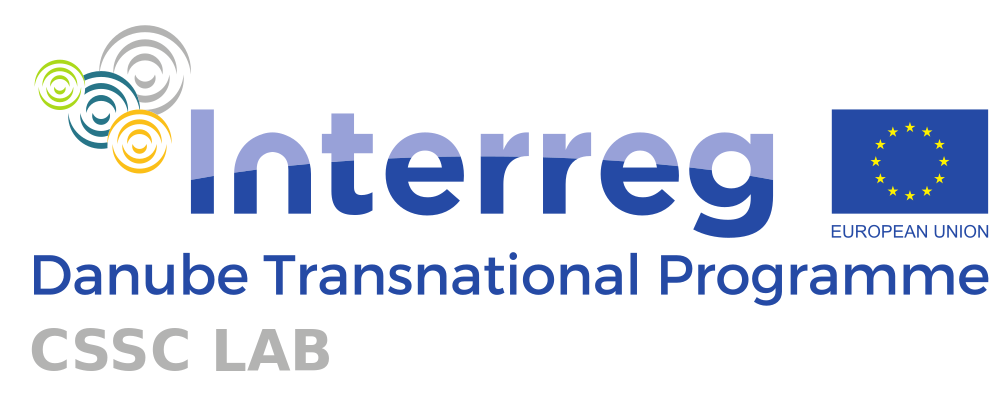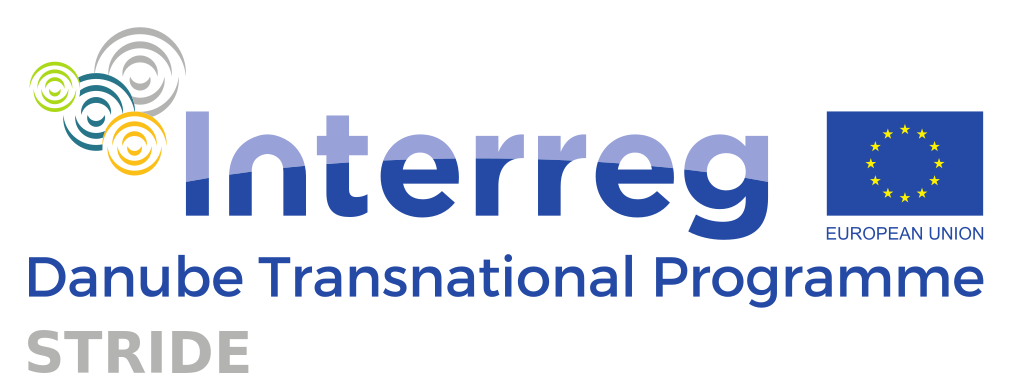
CEESEN-BENDER
Buildings are responsible for 40% of total energy consumption in the EU. EU policy has prioritized housing and citizens exposed to greater energy risk, with the aim of developing effective building renovation strategies...
Read more
LOGREENER
The goal of the project is to develop and deliver an improved set of tools to facilitate the planning and implementation of local energy initiatives. This toolkit will be refined based on the findings of the COMPOSE, PRISMI and LOCAL4GREEN projects...
Read more
SMEnergy
The purpose of SMEnergy is to promote the recognition of various local and national knowledge, strategies, solutions, examples of good practices and to introduce suppliers who use unused renewable resources...
Read more
DETOCS
The recently approved Interreg Europe DETOCS – DEcarbonising the TOurism Industry Post Covid-19 Support – project aims to support the recovery of EU tourism infrastructure sector following the Covid-19 pandemic, admidst the energy crisis, in a sustainable and low carbon way...
Read more
JETforCE
The recently approved Interreg Central Europe JETforCE – Just Energy Transition for Central Europe – project therefore supports regions to better involve their citizens digitally, harnessing digitalisation as a means to co-design and co-implement a “Just Energy Transition in Central Europe”...
Read more
REGIO1ST
The EU Energy Efficiency First (EE1st) principle has addressed to some extent in the National Energy and Climate Plans; however, when it comes to the regional and local governance levels, this principle is not yet explicit in the public debate...
Read more
CSSC LAb
CSSC Lab will prepare the ground for accelerating the up-take of CSSC solutions by Danube region cities which is at very low level because of public authorities possess little knowledge and shy the risks of investment...
Read moreCEESEU
The main goal of the CEESEU project is to build the capacity of public administrators in Central and Eastern Europe to develop Sustainable Energy and Climate Action Plans (SECAPs)...
Read more
STRIDE
The STRIDE project aims to provide through knowledge transfer and development of planning tools, a comprehensive support for regional/local policy makers for the improvement of energy planning....
Read more
SME POWER
SMEs form the backbone of the economy, however, their potential for energy efficiency and renewable energy use remains untapped...
Read more
FEEDSCHOOLS
In Central Europe large part of the existing building stock was built before 1970 thus its performance is not in line with the required standards. Renovation of buildings emerges as an urgent issue, but while incentives are provided to private investors, public buildings renovation is difficult as Local Authorities (LA) face severe limitations of budget...
Read more
ZEROCO2
It is estimated that buildings contribute as much as one third of total European Union greenhouse gas emissions, primarily through the use of fossil fuels and natural gas to cover heating, cooling and electricity needs of buildings.
Read more
PANEL2050
The aim of PANEL 2050 project is to create durable and replicable sustainable energy networks at local (municipality/community) level, where relevant local stakeholders collaborate for the creation of a local energy visions, strategies and action plans for the transition towards low carbon communities in 2050.
Read more
STRIDE – Final Conference
On the 21st November 2022, the Interreg Danube STRIDE project held their Final Conference...
Read more
ZEROCO2 awarded additional funds to continue on its decarbonisation journey
From 2016 to 2020, the Interreg Europe ZEROCO2 project defined Near Zero CO2 Emission Buildings due to energy use (NZCO2EB). The project presented various benefits, which resulted from various types of building.
Read more
STRIDE – Public kick-off
The STRIDE project consortium is pleased to invite you to the PUBLIC KICK-OFF event to be held on 5. November 2020 at 12.00 CET...
Read more
STRIDE approved!
On the 18th of May 2020, the Monitoring Committee of the Interreg Danube Transnational Programme approved (under conditions) 35 new projects within the programme’s third call for proposals...
Read more

